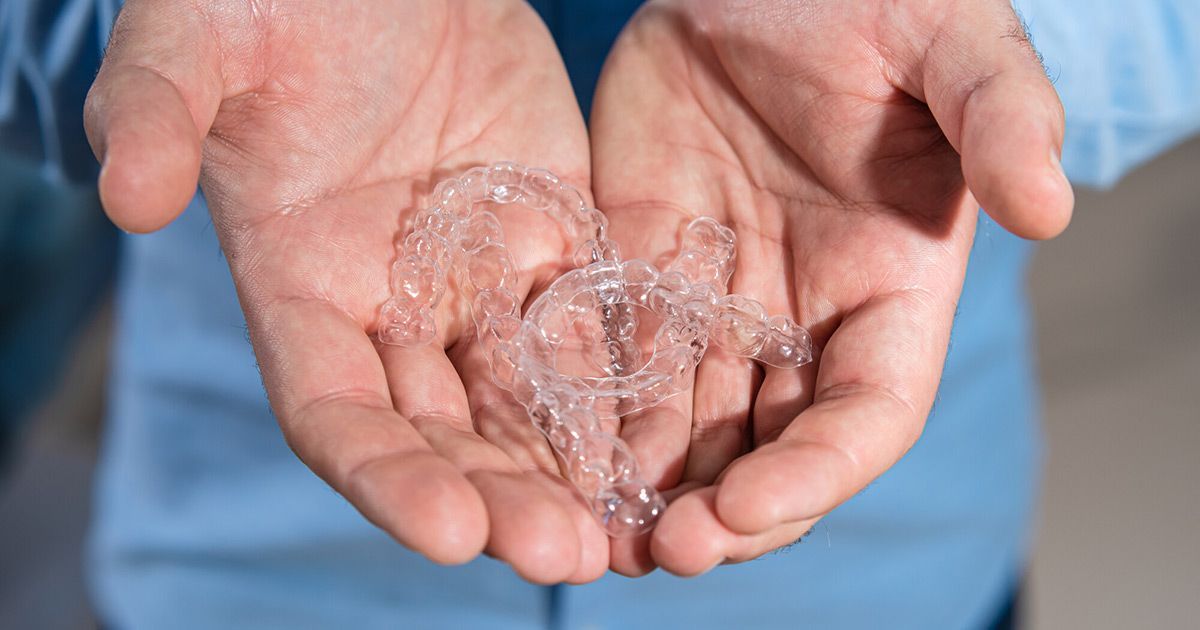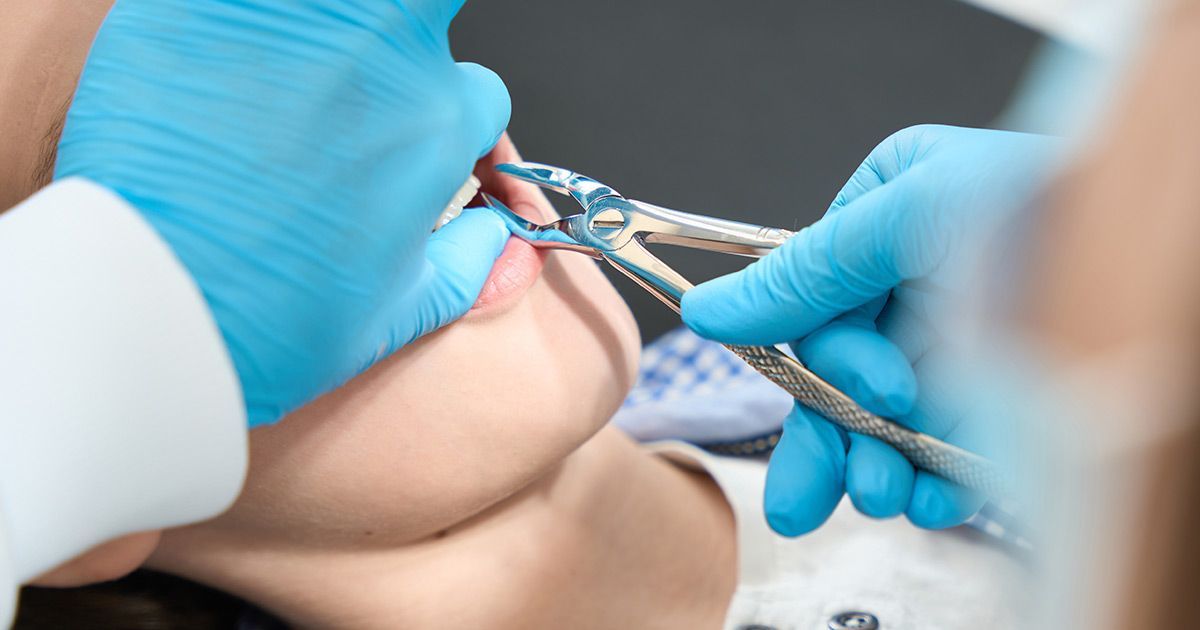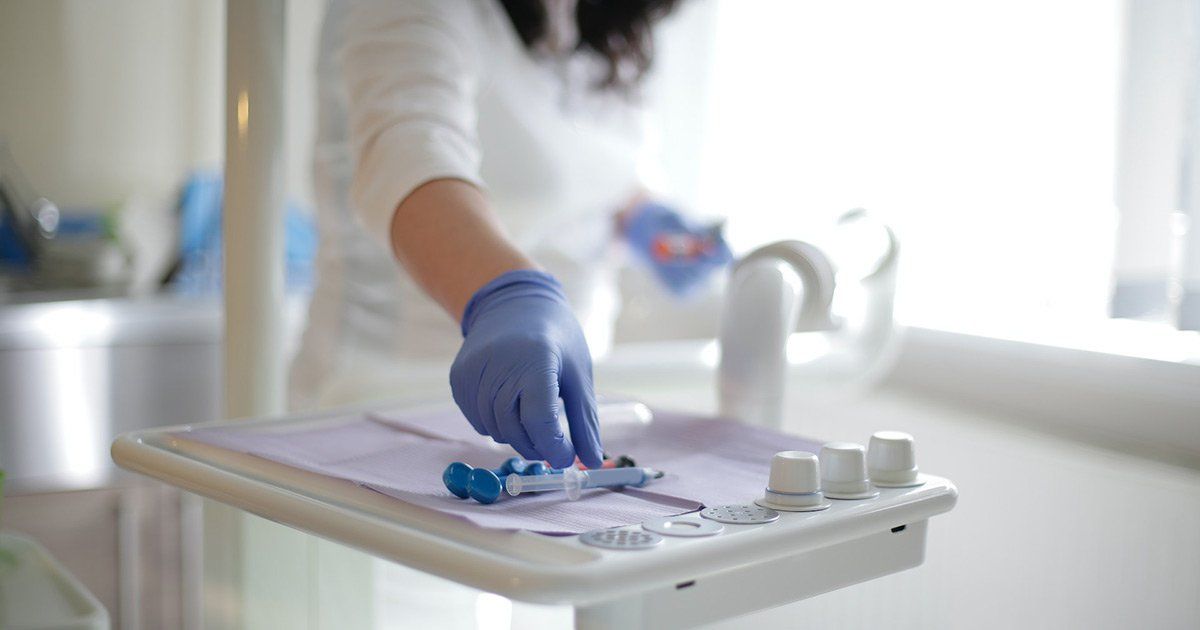Are Your Dental Implants Causing Problems? 5 Common Complications to Be Aware of
Are your dental implants causing problems? Here are 5 common complications you should be aware of as well as tips on what to do if they do occur.
- Diabetes
- Autoimmune diseases
- Cancer
- Arthritis
- Smoking
- Heavy drinking
Dental Implant Infection Signs
Next, if you already have one or more dental implants, it's important to know the signs of a possible implant infection. Here are a few such signs.
- Your implant feels loosely attached
- There's blood and/or pus near the implant
- Gum recession
- Your gums are red or swollen
- You're having difficulty chewing
- Frequent fever
- Pain/discomfort
- A lasting bad taste in the mouth/bad breath
Don't wait to see a dentist about these problems. If you do, the infection will quickly worsen and your implant will most likely fail.
If your current dentist is unavailable, see a different dentist. Or, try the emergency room or urgent care.
What to Do When You Experience Dental Implant Problems
As with a dental implant infection, you need to see your dentist immediately about any of the problems on this list. If you don't receive dental care for these issues promptly, they will cause your implant to come loose. When that happens, you may be waiting a whole year for the implant site to heal up so a replacement can be installed.
In any case, when you experience implant failure, see the dentist who installed it as soon as you can. They should, and in most cases, will, give you a refund. Or, they may credit the amount you paid toward your next implant or a different procedure.
If they don't, you may have grounds to take legal action. But, before you rush into anything like that, get a second opinion from one or more additional dentists. If they believe the performing dentist botched the job, and the dentist still won't pay, seek legal help.
Choose Sewell Dental Designs for Problem-Free Dental Implants
The best thing to do about dental implant problems is to prevent them. And the best way to do that is by choosing Sewell Dental Designs for your dental implants. That's because, at Sewell, we make sure you are eligible before we perform the procedure and we do it right.
Want to avoid all the problems on this list? We can help. Contact us now to get started.
Quick Links
All Rights Reserved | Sewell Dental Designs












